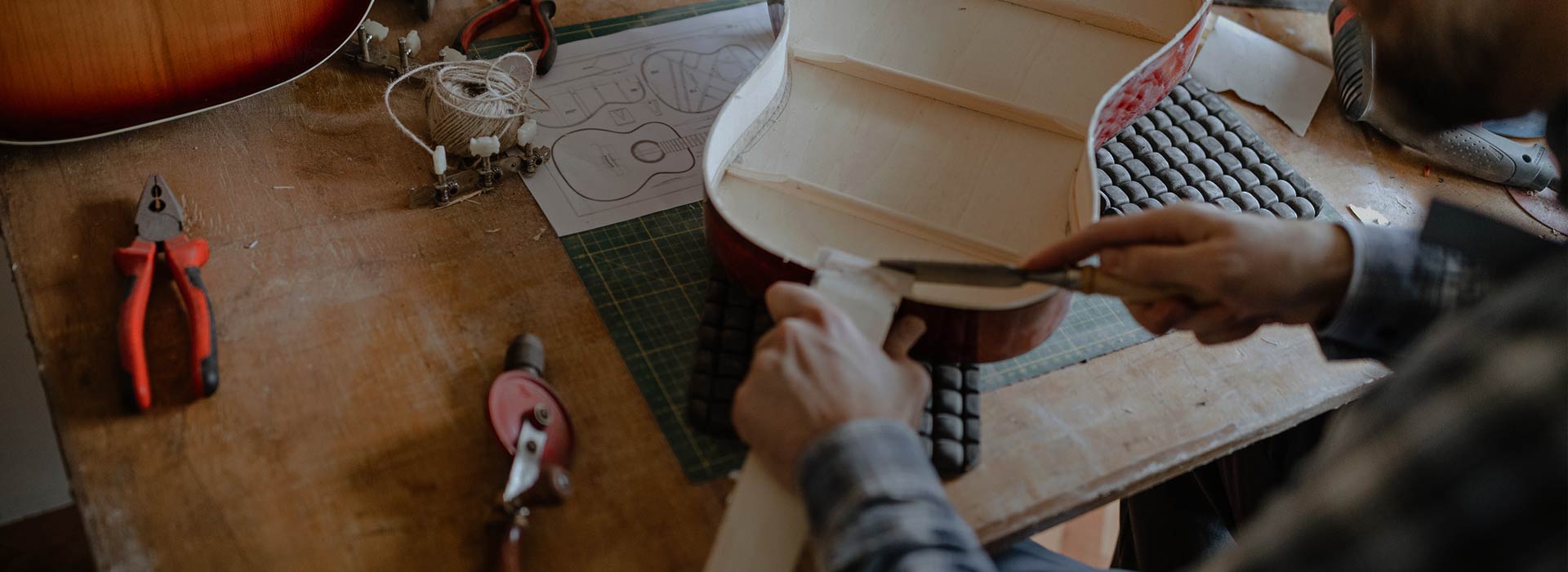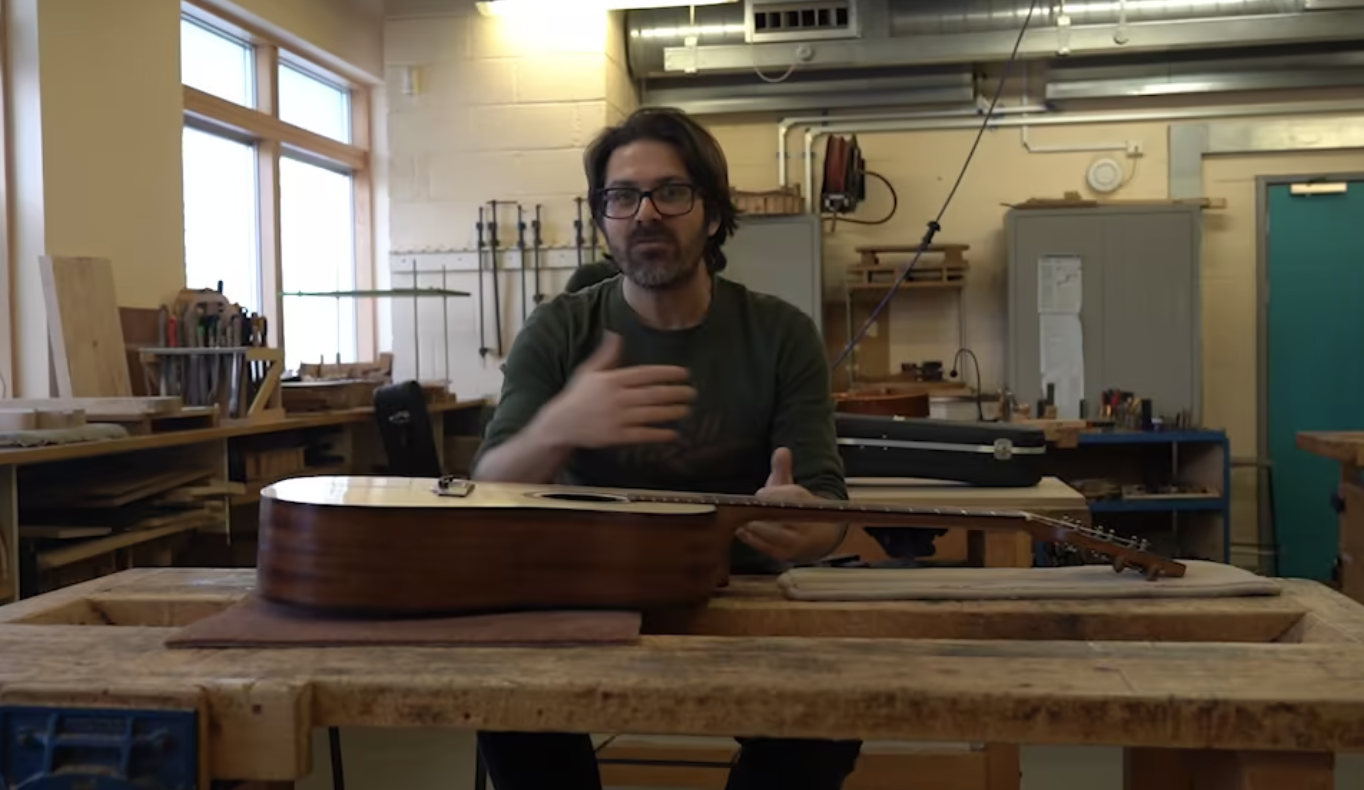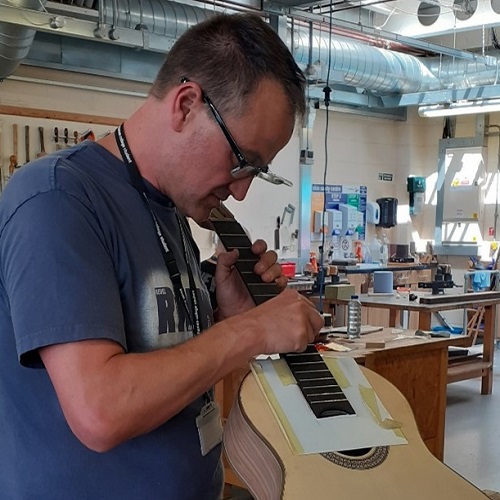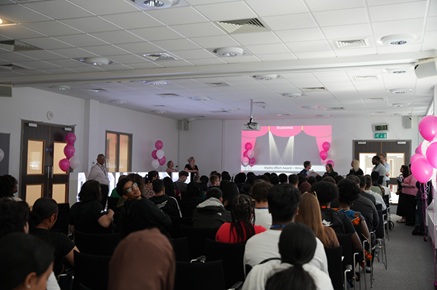Key Facts
- Starting
17 Sep 2025- Location
- Merton
- Start Time
- 10:00
- End Time
- 16:00
- Duration
- 1 Year
- Study Mode
- Part Time Day
- Days
- Wednesday + Thursday
- Start Date
- 17 Sep 2025
- End Date
- 25 Jun 2026
- Level
- Short Course
- Code
- MABX019TL
Fees
- 19+ Fee
- £ 2,250

Violin Making and Repair - Intermediate & Advanced
Intermediate: In this year we continue with the making process started in the Entry course. The aim is to complete your first instrument and proceed onto the varnishing and set up.
The tutor will continue to introduce new techniques as necessary and ensure that students are able to consolidate practical skills from the previous course.
-
Entry Requirements
-
Course Content
For most students the immediate aim after college would be to gain employment, to which end we introduce a range of repair work during this year. This would include set up work ( neck setting, fingerboard, pegs, soundpost and bridge) as well as repair topics including bow rehair and varnish retouching.Advanced: In the violin trade the range of making and repair skills required is huge and over the first two years you will have come to realise how much there is still to learn! These further years of study are available to allow focus on more advanced repair and restoration techniques. For example: replacing edges and corners, repairing cracks, plaster casting and soundpost patch methods.
On the making side you may wish to make another violin, viola or a cello.
-
Progression Next Steps
-
Additional Information






